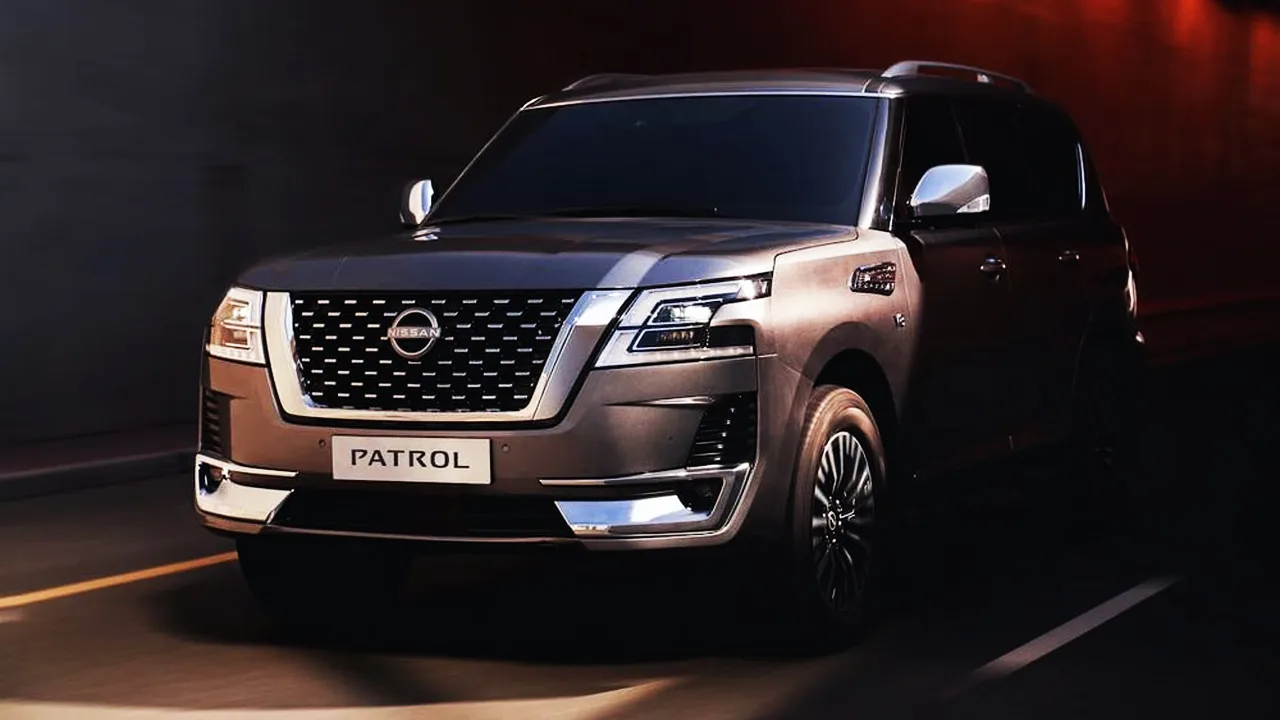Home »
The Nissan Patrol, a robust and capable off-road vehicle, has gained global acclaim for its durability, advanced features, and versatility. However, despite its popularity in various markets, the Nissan Patrol is notably absent from the United States automotive landscape. In this comprehensive analysis, we explore the reasons behind the absence of the Nissan Patrol in the U.S. market, examining factors related to market dynamics, consumer preferences, regulatory requirements, and Nissan’s strategic decisions.
Why is Nissan Patrol not in the US?
In Simple, the Nissan Patrol can’t be sold as a new car in the US because it doesn’t meet specific safety and environmental standards. Unless significant changes are made, you won’t see it as a new car available for purchase here. Other important details are elaborated below.
Global Presence and Success of Nissan Patrol:
The Nissan Patrol has established itself as a formidable competitor in the global SUV market, renowned for its off-road capabilities, luxurious interiors, and powerful performance. With a strong presence in regions like the Middle East, Asia, and Australia, the Patrol has become synonymous with adventure and reliability.
Differing Consumer Preferences in the U.S.:
One significant factor contributing to the absence of the Nissan Patrol in the U.S. is the unique landscape of consumer preferences. The American SUV market has traditionally favored larger, truck-based SUVs, often with towing capacity and interior space. The Nissan Patrol, while excelling in various aspects, may not align perfectly with the preferences of U.S. consumers, leading Nissan to prioritize other models in their lineup for the American market.
Competition with Existing Nissan Models:
Popular SUV models from Nissan’s current portfolio in the United States include the Nissan Armada and Nissan Rogue. These models cater to the preferences of American consumers, offering a blend of size, performance, and comfort. Introducing the Nissan Patrol might lead to internal competition within Nissan’s lineup, potentially affecting sales and market positioning.
Regulatory and Emission Standards:
The stringent regulatory environment in the United States, particularly about safety and emissions standards, plays a crucial role in the decision-making process for automakers. Adapting the Nissan Patrol to comply with U.S. regulations might require significant safety features and emissions control systems. The costs and efforts could be substantial, influencing Nissan’s decision to prioritize models aligned with U.S. standards.
- Audi GT50 Concept: A Loud Reminder of Why Car Enthusiasts Fell in Love With Audi
- Nearly 30% of UK Drivers Believe Car Tax Should Be Based on Mileage — Survey
- Why Planes and Boats Escaped the Luxury Tax But Cars Didn’t
- Australia’s Headlight Confusion: Authorities Warn Drivers After Viral $250 Headlight Rule Goes Wild Online
- 2025 Hyundai Venue Facelift Launched in India – Full Details, Variants, and Price
Market Research and Demand Analysis:
Automakers conduct thorough market research to understand consumer demands and preferences in specific regions. The perception of demand and potential sales often influence the decision to launch or discontinue a model. When market research shows that a model—like the Nissan Patrol—is not in high enough demand in the United States, the manufacturer may focus its efforts on other models that have a better chance of becoming successful there.
Strategic Focus on Crossovers:
The U.S. automotive market has seen a shift in consumer preferences towards crossovers and smaller SUVs. Nissan has adjusted its approach to follow this trend, comparable to many other automakers. Models like the Nissan Rogue and Nissan Murano have gained popularity in the crossover segment, and Nissan may prioritize these models that cater to the prevailing consumer demand.
Economic Considerations and Cost-Benefit Analysis:
Introducing a new model into a market involves substantial investments in marketing, distribution, and adapting the product to meet regulatory requirements. A thorough cost-benefit analysis is crucial in determining whether the potential returns justify these investments.
Historical Context and Previous Attempts:
Past experiences and historical performance in the U.S. market could also influence Nissan’s decisions. The corporation might be reluctant to return to that market and might choose to concentrate on areas where they have found success in the past if attempts in the past to offer comparable models or off-road-focused cars have not produced the expected results.
Future Possibilities and Adaptations:
As consumer preferences evolve and the automotive landscape changes, Nissan might reassess its product lineup and consider introducing the Patrol or a similar model if the conditions become more favorable.
Conclusion:
The absence of the Nissan Patrol in the U.S. market is a complex interplay of factors, ranging from consumer preferences and regulatory standards to economic considerations and strategic decisions by Nissan. While the Nissan Patrol remains an admired and celebrated model globally, its absence in the U.S. underscores the nuanced approach automakers must take to cater to the specific demands of different regions. As the automotive industry continues to evolve, the possibilities for models like the Nissan Patrol in the U.S. remain open, contingent upon shifts in market dynamics and consumer preferences.
